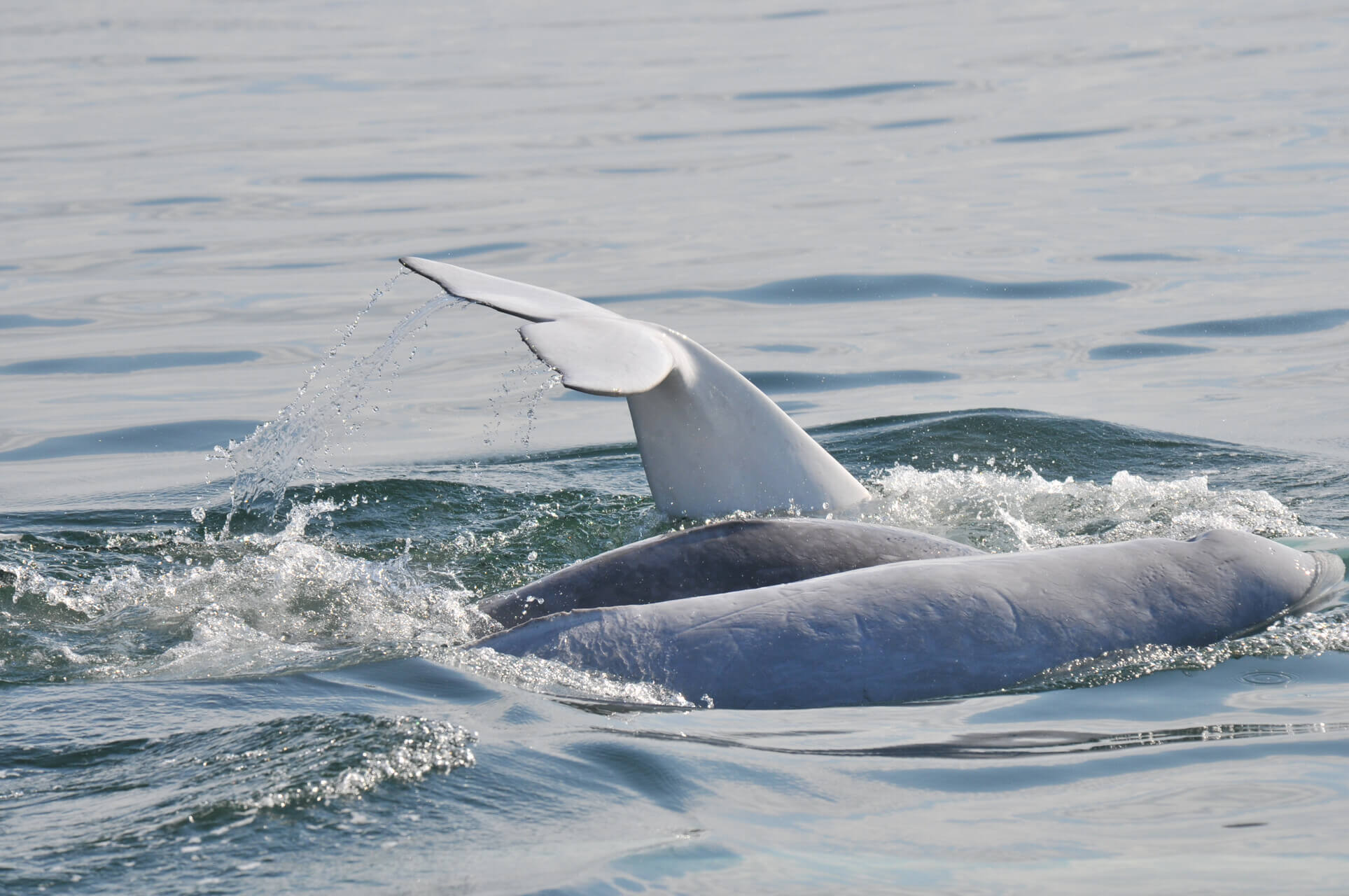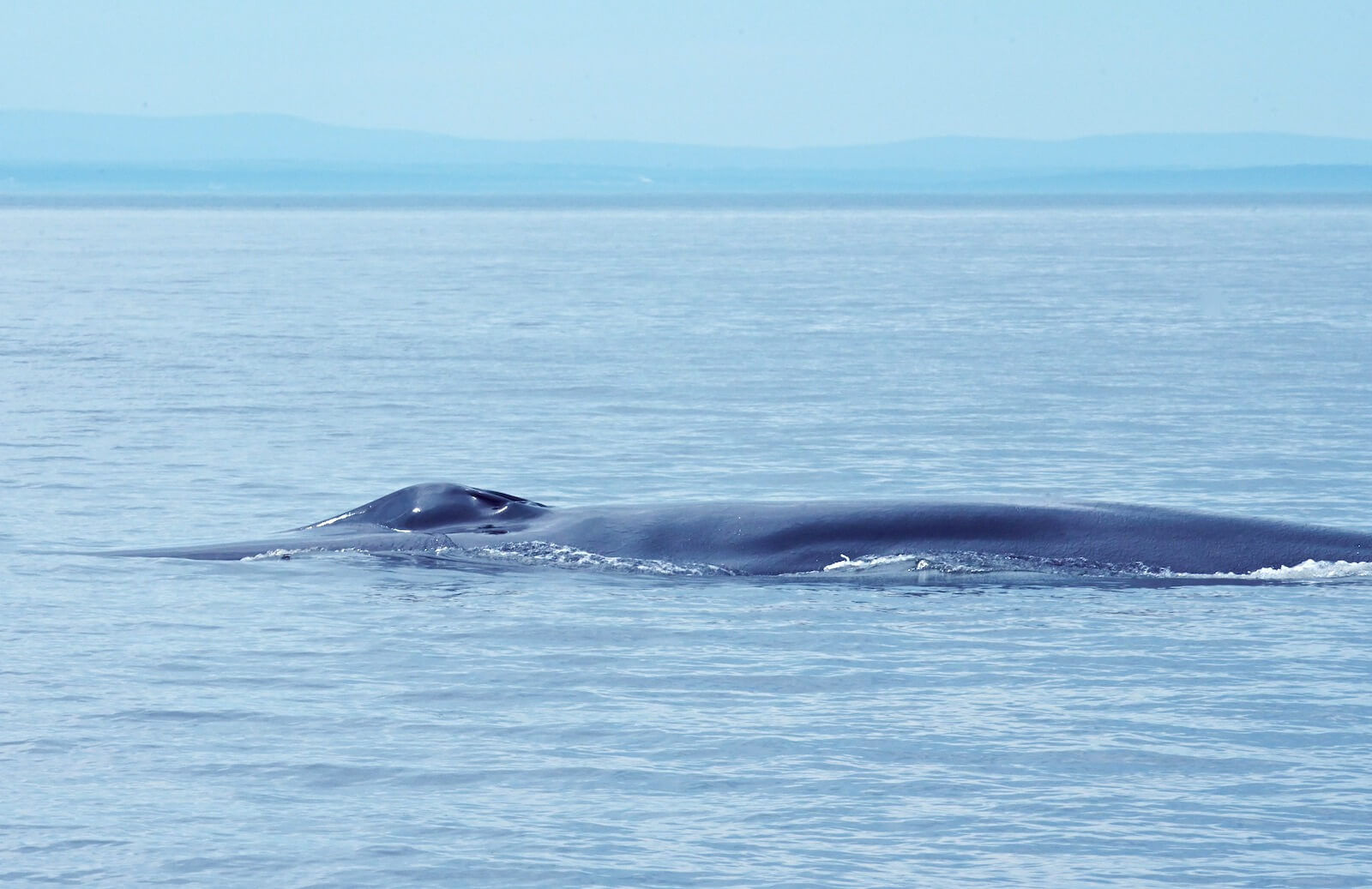A study by researchers at the University of Aberdeen, in collaboration with the Scottish Marine Animal Stranding Scheme, recently demonstrated the phenomenon of bioaccumulation of heavy metals in some twenty long-finned pilot whales (Globicephala melas) stranded in Scotland’s Fife region in September 2012. Their results were published in the journal Science of the Total Environment.
A mass stranding becomes an opportunity for research
Of the 31 beached pilot whales, 10 survived and 21 died. The team took advantage of this mass stranding , which contained dead animals of various ages (1-36 years) belonging to the same herd, to collect a number of organ samples (liver, kidney, muscle and brain). What did they find?
First of all, mercury levels were found in all organs of the stranded specimens; this toxin travels throughout the body via the bloodstream. Mercury levels also seem to increase with age. Three of the nine pilot whales over nine years old showed concentrations of mercury in their brains that were even higher than those that cause severe neurological damage in humans. According to the World Health Organization (WHO), high mercury levels in the body can cause trembling, loss of memory, headaches, impaired motor skills, cognitive dysfunction, insomnia and neuromuscular problems. However, to date the effects in whales remain unknown. In the oceans, the primary source of mercury is from human activities. Concentrations of this element have tripled since the Industrial Revolution of the 18th century.
Another discovery that the Scottish researchers documented for the first time: the presence of cadmium in the brains of the adult specimens stranded and its increase with age both in this organ and in the liver. The accumulation of cadmium in the water, air and soil occurs especially in industrial areas. Wastewater and sewage sludge are among other important sources of cadmium in marine environments.
What caused the stranding?
The team was unable to demonstrate a correlation between the presence of these heavy metals in the brains of the beached whales and a possible disorientation that might have caused the herd to become stranded. According to the researchers, other avenues remain to be explored. Large pods of pilot whales are characterized by a very high level of social cohesion. Mass strandings involving hundreds of individuals are not unheard of. Several theories exist to explain such occurrences. Are they caused by navigation error, an infectious or parasitic disease within the pod, an extreme behaviour of solidarity toward a group member that is sick, injured or in distress?
Source:
On the Science Direct website: Possible link between Hg and Cd accumulation in the brain of long-finned pilot whales (Globicephala melas)
To learn more:
On The Guardian website: Toxic chemicals found in beached pilot whales in Scotland
On Whales Online:





